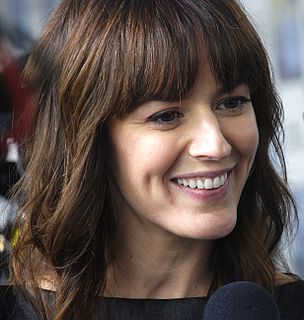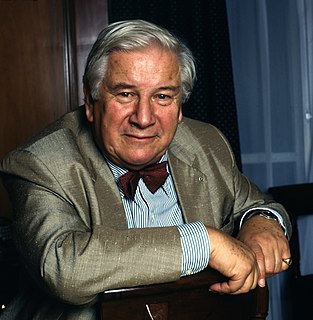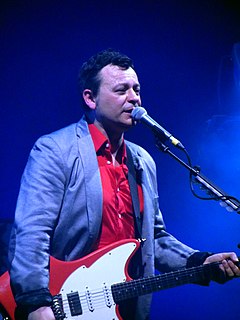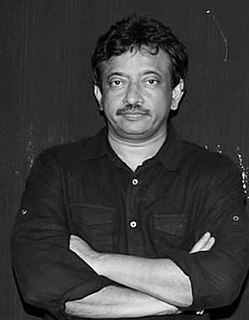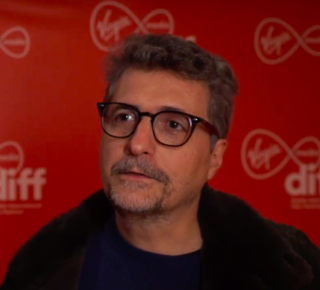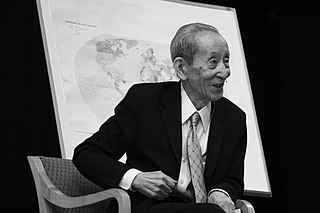A Quote by Eric Van Lustbader
I can't write a scene unless I've visualized it. Unless I can actually see it, and that's why a lot of reviewers have said my books are very cinematic, because I actually do see them before I write them.
Related Quotes
I set myself a rule before I actually write a tune to the lyrics, and the rule is that I've got to take the lyrics on to a level of understanding before I can actually write music to them. What I'm doing is interpretation. If I don't write the lyrics, therefore I must interpret them to the best of my ability. So my rule is that I must understand it, but I don't necessarily have to accept.
When you write a scene where somebody is afraid of something you instantly go to decades of genre cinema: horror, suspense, and thrillers. Those are very cinematic genres, when you shoot a close-up of someone and you can see fear in the person's face, or anticipation, or some kind of anxiety, it's a very cinematic image.
I really only write about inner landscapes and most people don't see them, because they see practically nothing within, because they think that because it's inside, it's dark, and so they don't see anything. I don't think I've ever yet, in any of my books, described a landscape. There's really nothing of the kind in any of them. I only ever write concepts. And so I'm always referring to "mountains" or "a city" or "streets." But as to how they look: I've never produced a description of a landscape. That's never even interested me.
The people who review my books, generally, are kind of youngish culture writers who aspire to write books, or write opinion pieces about what they think of Neil Young, or why they quit watching ER or whatever. And because of that, I think there's a lot of people who write about my books with the premise of, "Why this guy? Why not me?"
When people are always telling you that you have to have a lot of women, women are very important, there's a chance that you might actually begin to observe them on a more fundamental level. Then you get so much focus that one day you might actually see. Dominican men are told to look at women all the time, but they're definitely not told to see them.
I was asked by an NPR reporter once why don't I talk about race that often. I said, 'It's because I'm a neurosurgeon.' And she thought that was a strange response... I said, 'You see, when I take someone to the operating room, I'm actually operating on the thing that makes them who they are. The skin doesn't make them who they are.'

